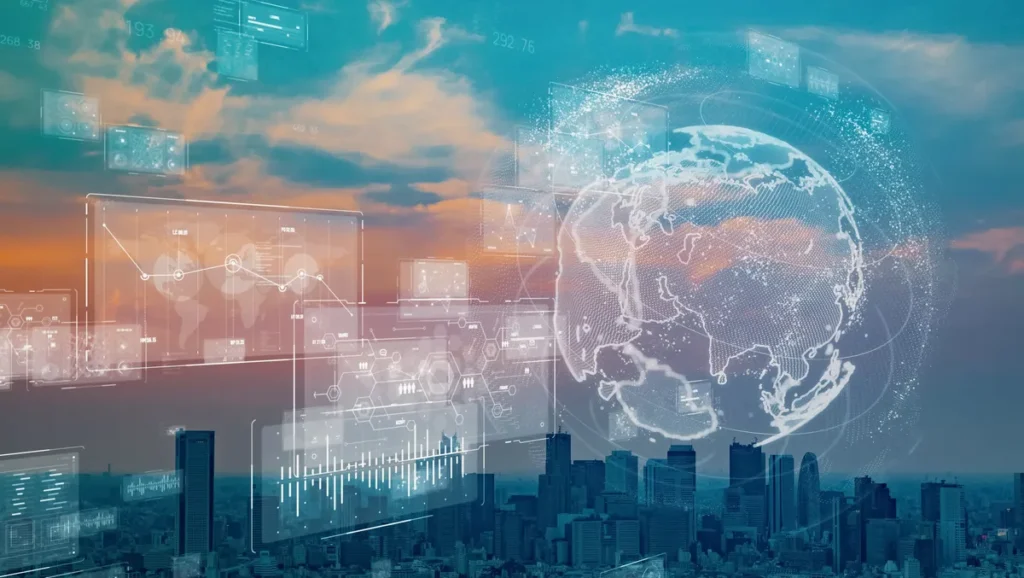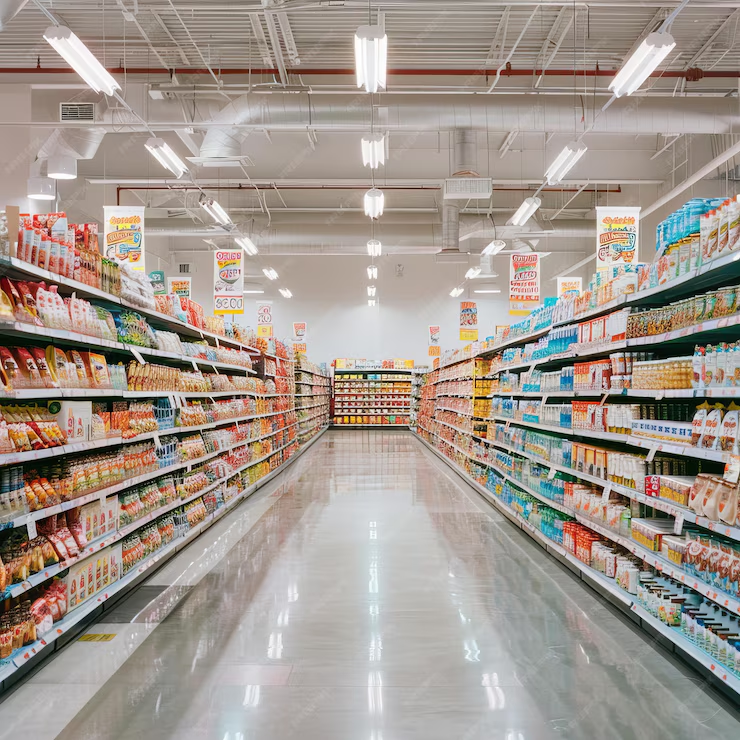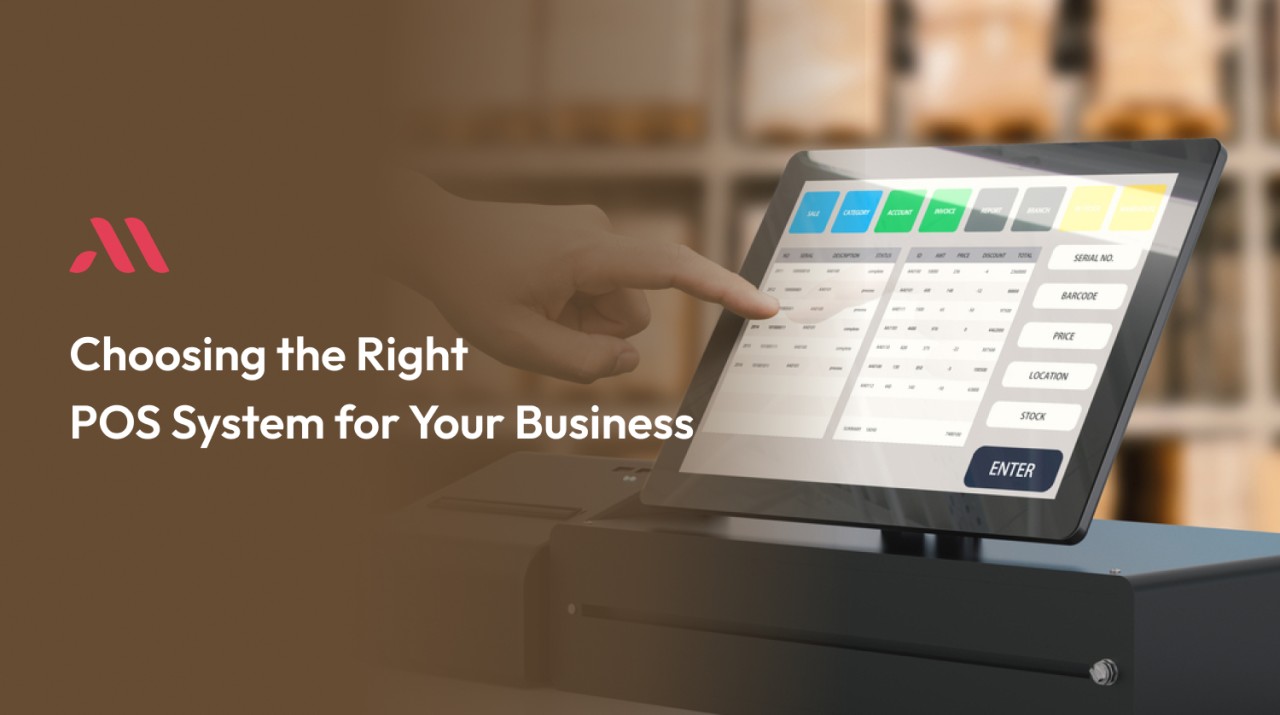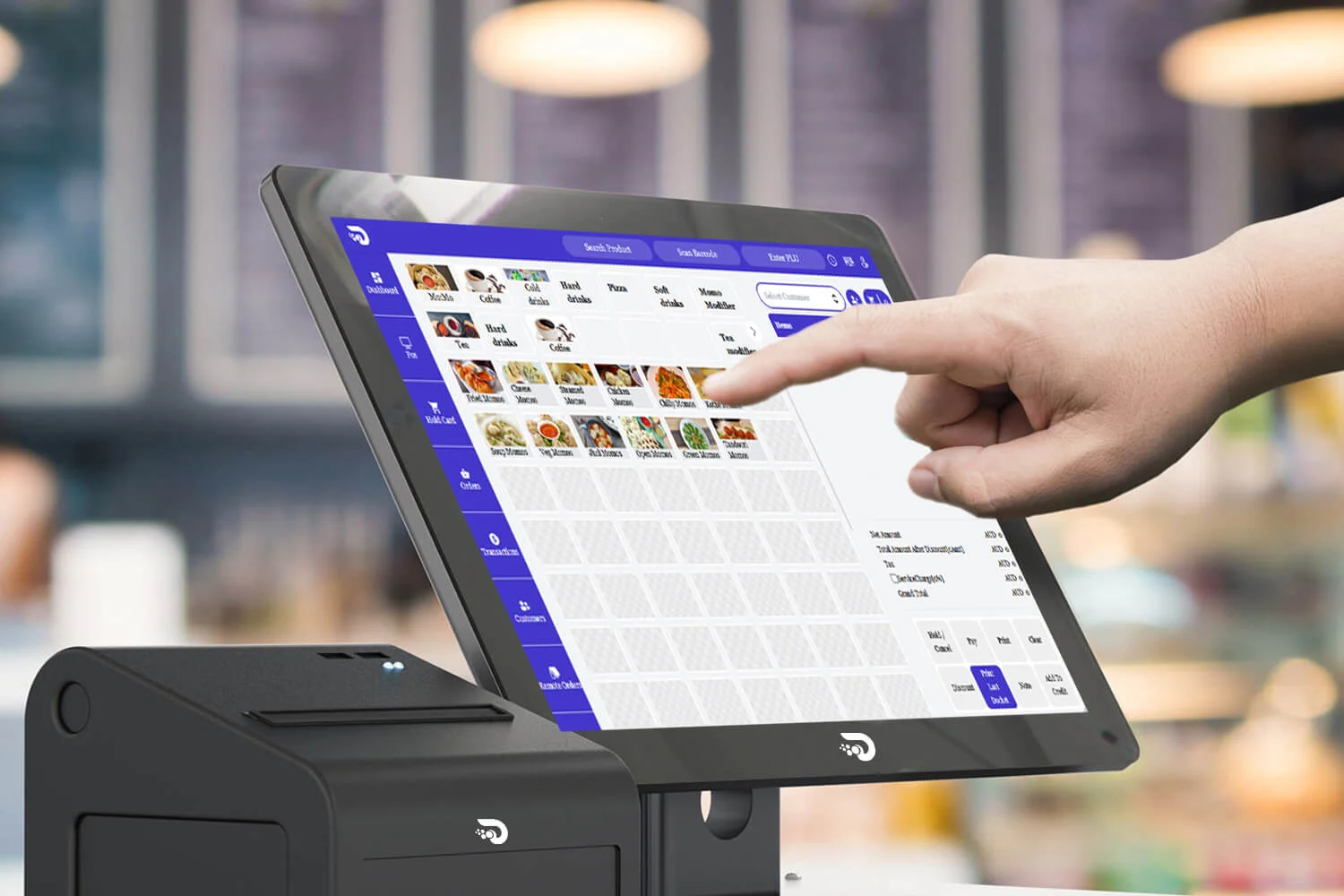Future Trends in POS Systems: Innovations Shaping the Retail Industry

Point of Sale (POS) systems have evolved significantly over the past few years, transforming from simple cash registers into sophisticated digital hubs that manage a variety of business operations. As technology continues to advance, POS systems are poised to undergo further transformation, bringing new features and capabilities to the table. Let’s explore what the future holds for POS systems and how these innovations will shape the way businesses operate.
1. Cloud-Based POS Systems: The Standard for Flexibility and Scalability
One of the most significant trends in POS technology is the shift towards cloud-based systems. Traditional POS systems are limited by their hardware and local storage capabilities. In contrast, cloud-based POS systems offer flexibility, scalability, and remote access, allowing businesses to manage operations from anywhere with an internet connection.
The future of POS systems will likely see even more businesses adopting cloud-based solutions, thanks to their ability to handle large volumes of data securely and provide real-time updates. This capability is especially important for businesses with multiple locations, as it allows for centralized management of inventory, sales, and customer data.
2. Artificial Intelligence (AI) and Machine Learning Integration
AI and machine learning are set to revolutionize POS systems by providing businesses with deeper insights into customer behavior, inventory management, and sales trends. By analyzing data collected from transactions, AI can help businesses predict customer preferences, optimize inventory levels, and even suggest personalized promotions and discounts.
In the future, AI-powered POS systems could offer automated customer support, recognize returning customers, and tailor the shopping experience to individual preferences. This level of personalization will not only enhance customer satisfaction but also increase sales and customer loyalty.
3. Mobile POS Systems: Convenience and Mobility
The rise of mobile POS systems is a response to the increasing demand for flexibility and convenience in retail and hospitality environments. Mobile POS systems allow businesses to process transactions anywhere in the store, reducing wait times and improving the overall customer experience.
As technology advances, mobile POS systems will become even more powerful, offering features such as contactless payments, digital receipts, and integration with other mobile apps. The future will likely see an increase in businesses adopting mobile POS solutions, from pop-up shops and food trucks to large retailers looking to enhance their customer service.
4. Integration with E-commerce Platforms
In today’s digital age, the line between online and offline shopping is becoming increasingly blurred. Future POS systems will offer seamless integration with e-commerce platforms, allowing businesses to manage both online and in-store sales from a single system. This integration will provide a unified view of inventory, customer data, and sales analytics, making it easier for businesses to manage their operations and provide a consistent shopping experience across all channels.
For customers, this means a smoother shopping experience, with options like buy online, pick up in-store (BOPIS), or ship-to-home. For businesses, it means better inventory management, streamlined operations, and increased sales opportunities.
Also read: 7 Compelling Reasons to Choose a Scalable POS System for Your Thriving Business Growth
5. Enhanced Security Features
With the increase in digital transactions, security remains a top concern for businesses and customers alike. The future of POS systems will focus on enhancing security features to protect sensitive customer information and prevent fraud.
Advanced encryption, tokenization, and biometric authentication are just a few of the security measures that will become standard in future POS systems. These technologies will ensure that customer data is protected at every stage of the transaction process, giving both businesses and customers peace of mind.
6. IoT Integration: A New Level of Connectivity
The Internet of Things (IoT) is set to play a significant role in the future of POS systems. IoT-enabled POS systems will connect with other smart devices, such as inventory sensors, digital signage, and customer-facing displays, to provide a more integrated and interactive shopping experience.
For example, IoT integration can enable automatic inventory updates when stock levels run low, trigger personalized promotions when customers interact with in-store displays, and provide real-time data analytics to help businesses make informed decisions.
7. Sustainability and Eco-Friendly Solutions
As businesses become more environmentally conscious, future POS systems will likely incorporate features that promote sustainability. Digital receipts, paperless transactions, and energy-efficient hardware are just a few examples of how POS systems can contribute to a greener future.
Businesses that adopt eco-friendly POS solutions can appeal to environmentally conscious consumers and reduce their carbon footprint, aligning their operations with broader sustainability goals.
Conclusion
The future of POS systems is bright, with advancements in technology paving the way for more efficient, secure, and customer-focused solutions. As businesses continue to adopt cloud-based systems, integrate AI and IoT, and prioritize security and sustainability, POS systems will become even more integral to the success of modern businesses. By staying ahead of these trends, businesses can ensure they are equipped to meet the evolving needs of their customers and thrive in an increasingly digital world.
Visit our site at www.dibtech.com.au
Visit our YouTube channel for tutorials Dibtech






